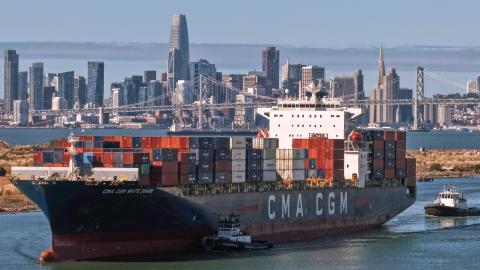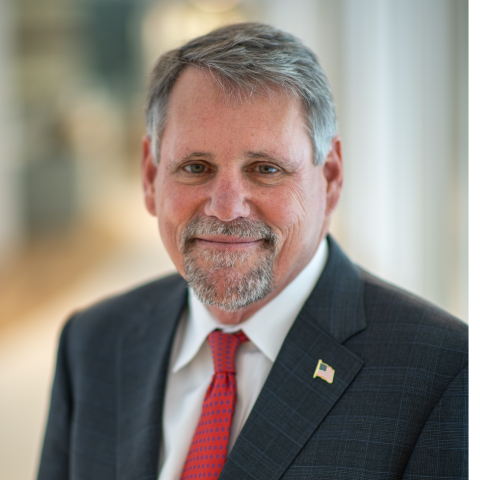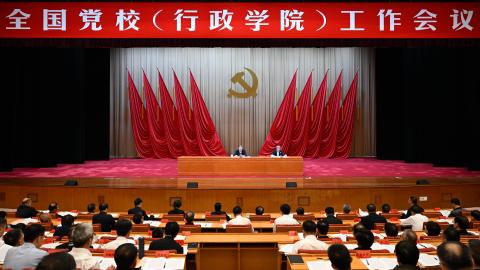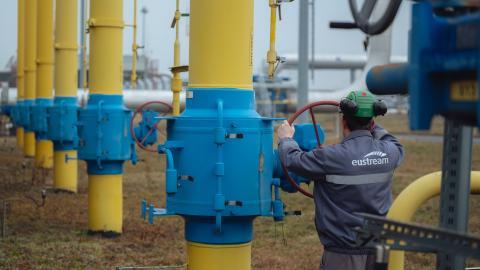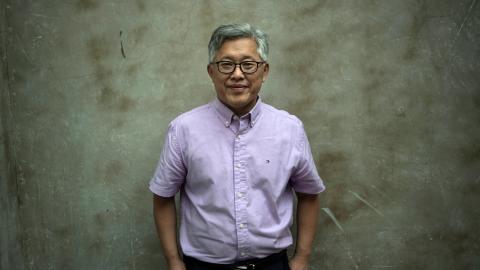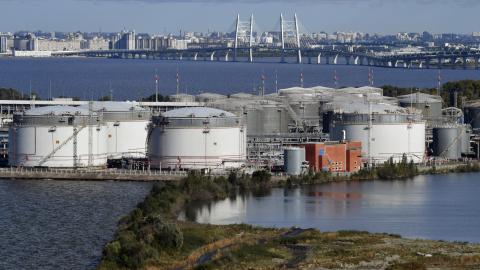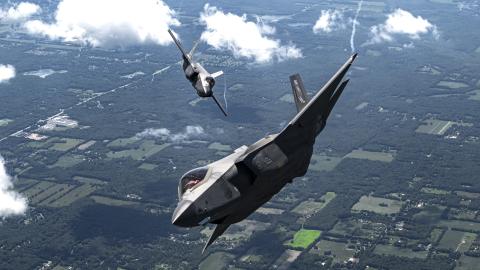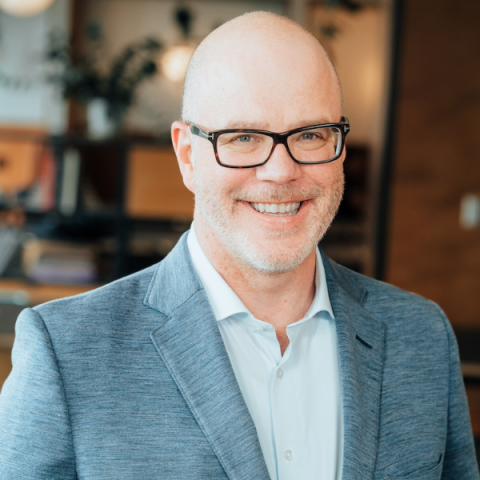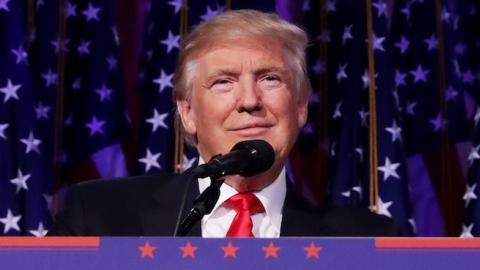As Donald Trump, our new president-elect, starts to plan for the future, the man he should turn to for advice may have died more than fifty years ago, but his words and deeds live on. He’s General Douglas MacArthur, who actually has a lot in common with Donald Trump—and should be one of his role models as president.
Like Trump, MacArthur was a maverick, an anti-establishment figure. His rise to supreme command in World War Two and Korea, and during the occupation of Japan, came in the teeth of opposition of America’s political elites who saw him as vain and arrogant but couldn’t deny his long list of achievements reaching back to winning seven Silver Stars in World War One—or his gift for seeing the possibility of victory when others saw only looming defeat.
Like Trump, MacArthur understood the power of the iconic image, whether it was MacArthur’s corn cob pipe and the khaki hat with its gold leaf and ornate design—or Donald Trump’s signature hair.
MacArthur was also the ultimate phrase maker, whether it’s “Old soldiers never die” or “I shall return.” It’s not clear if Trump’s “Make America Great Again” will last as long; but the power to craft a phrase that conveys powerful meaning to millions in a few short words was MacArthur’s gift, as well as Trump’s.
And like Trump, MacArthur’s appeal to his fellow Americans was based on his reputation as a doer and a winner, whether it was telling the 1928 US Olympic team he headed, “Americans never quit” and bringing home the most gold medals in US history, or liberating the Philippines and helping to defeat Japan in World War Two, or his success in crushing first North Korean and then Chinese forces in the war in Korea.
In fact, it was his MacArthur’s determination to win in Korea by any means necessary, including nuclear weapons, and his public declaration that, “there is no substitute for victory,” that led to his dismissal by President Truman in April 1951—and MacArthur’s run for the presidency the following year.
He never made it. Dwight Eisenhower got the Republican nomination instead, but it was MacArthur’s popularity and his outspoken challenge to the liberal elites that cleared the path for the first GOP president in two decades.
Now that Trump has achieved what MacArthur couldn’t, what advice would the “old soldier” offer the new president-elect?
First, stand your ground. There will be a temptation to soften positions on key issues that got you elected, whether it’s repealing ObamaCare or illegal immigration or crushing ISIS. Don’t. Tough, outspoken, and uncompromising leadership was MacArthur’s hallmark; it should be President Trump’s, as well.
Second, trust your gut. That’s what MacArthur did in August 1950, when the war in Korea seemed totally lost and everyone, including the Joint Chiefs, advised him against launching an amphibious landing at Inchon. MacArthur didn’t listen; he trusted his instinct that he would catch the North Koreans by surprise. The result was one of the most brilliant feats of arms in American history. His advice to Trump today would be: your instincts got you here. Let them guide you on the path forward.
Third, know your enemy. MacArthur always worked hard to understand his opponent’s intentions and motives, to gather enough intelligence so that (as with the Japanese in New Guinea) he often knew what they were going to do before they did. He would advise Trump to do the same. The new president must understand that the Nancy Pelosis, Harry Reids, Elizabeth Warrens, and the New York Times will never seek common ground, they have to be defeated. “No substitute for victory” applies as much in our politics today, as it does on the battlefield.
Finally, keep your word. MacArthur’s most famous saying, “I shall return,” was his pledge to the Filipino people that he would set them free from the Japanese, no matter long it took. In the end, it took two and half years of hard steady fighting but MacArthur kept that promise. If he were sitting down with Trump today, he would stress the same thing.
A president’s word must be his bond, and if Trump can keep his pledge “to make America great again” he can reach a level of greatness that eludes many presidents, but one that will put him in a hallowed company of American heroes—including the man with the corncob pipe.
